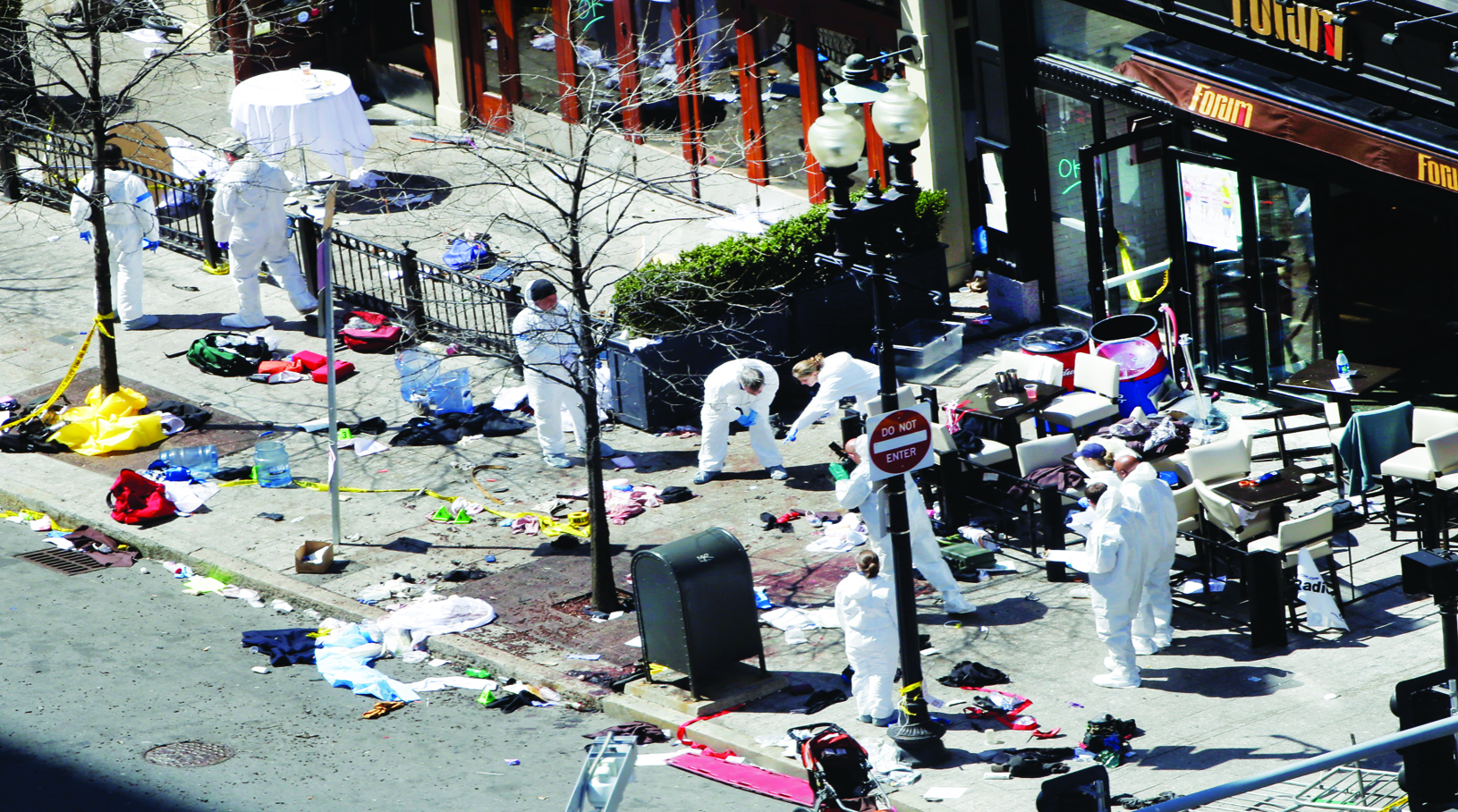Mackenzie Clark
News Editor
The Educational Policy Committee (EPC) is working with students, staff and faculty to review the College’s current curriculum and graduate qualities in preparation for presenting an outline of a new curriculum to faculty later this semester.
EPC is a standing committee that is made up of staff and faculty members, as well as two student representatives from the Student Government Association. The committee handles various topics that relate to the curriculum, such as approving courses and deciding which core curriculum requirements a course fulfills.
Over the past year, EPC has been looking at Wooster’s current curriculum and discussing ways it can be improved to better reflect the graduate qualities. The College’s current graduate qualities include independent thinking, integrative and collaborative inquiry, dynamic understanding of the liberal arts, effective communication, global engagement and civic/social responsibility.
According to Maggie Sestito ’18, a student representative on the committee, it has been about 15 years since the curriculum was last revisited.
“We’ve been doing groundwork for this for about three years,” said Henry Kreuzman, chair of EPC and dean for curriculum and academic engagement. The past several months have been centered around collecting information from the campus community, as well as researching the curriculums in place at other schools.
EPC sent out a survey last fall to current students, faculty, staff and recent alumni of the College asking questions about the current academic experience at the College and how well the curriculum reflects the graduate qualities. This survey received about 600 responses.
Faculty were also given the opportunity to submit proposals for a new curriculum. Around 25 proposals were submitted to EPC. The committee held a poster session on Jan. 19 where faculty and staff discussed the submitted proposals and highlighted some of the challenges that were presented.
EPC’s open meeting on Feb. 15 also gave faculty and staff the opportunity to discuss the ways in which pieces of the curriculum directly connect to the graduate qualities through a visual mapping activity. “The idea was to take the current curriculum and show how it supports the graduate qualities, and then take all of these new ideas and show how they might support the graduate qualities as well,” said Kreuzman.
This mapping activity also addressed the effectiveness of various areas of the curriculum like First Year Seminar, first-year and sophomore advising, global and civic engagement, scientific literacy and interdisciplinarity.
Sestito and Armel Lee ’19, the second student representative on the committee, have also been reaching out to the campus community for feedback directly. “[Armel] and I have been talking to students sitting around campus asking what they would like to see change. Therefore, the last few months has been a lot of information collecting and sharing,” said Sestito.
EPC will hold two more meetings to continue to shape the proposed curriculum in order to best exemplify the graduate qualities. The committee hopes to present an outline of the new curriculum in early March, prior to spring break.
“If everything goes according to plan, we’ll have a template for what the curriculum would look like by the end of this year,” said Kreuzman. “I see a process of talking to faculty about more concrete proposals rather than abstract ideas, and then conversation with students.”
In the coming years, Kreuzman explained the committee plans to form task forces to address details like course requirements and identifying the specific learning outcomes of each course in the curriculum.
“It’s important to mention that this is not an overnight change,” said Sestito. “Once a new curriculum is outlined, the school will take a year or two to adjust to the new curriculum, trial run new ideas, and fix the bumps that are hit along the road.”

